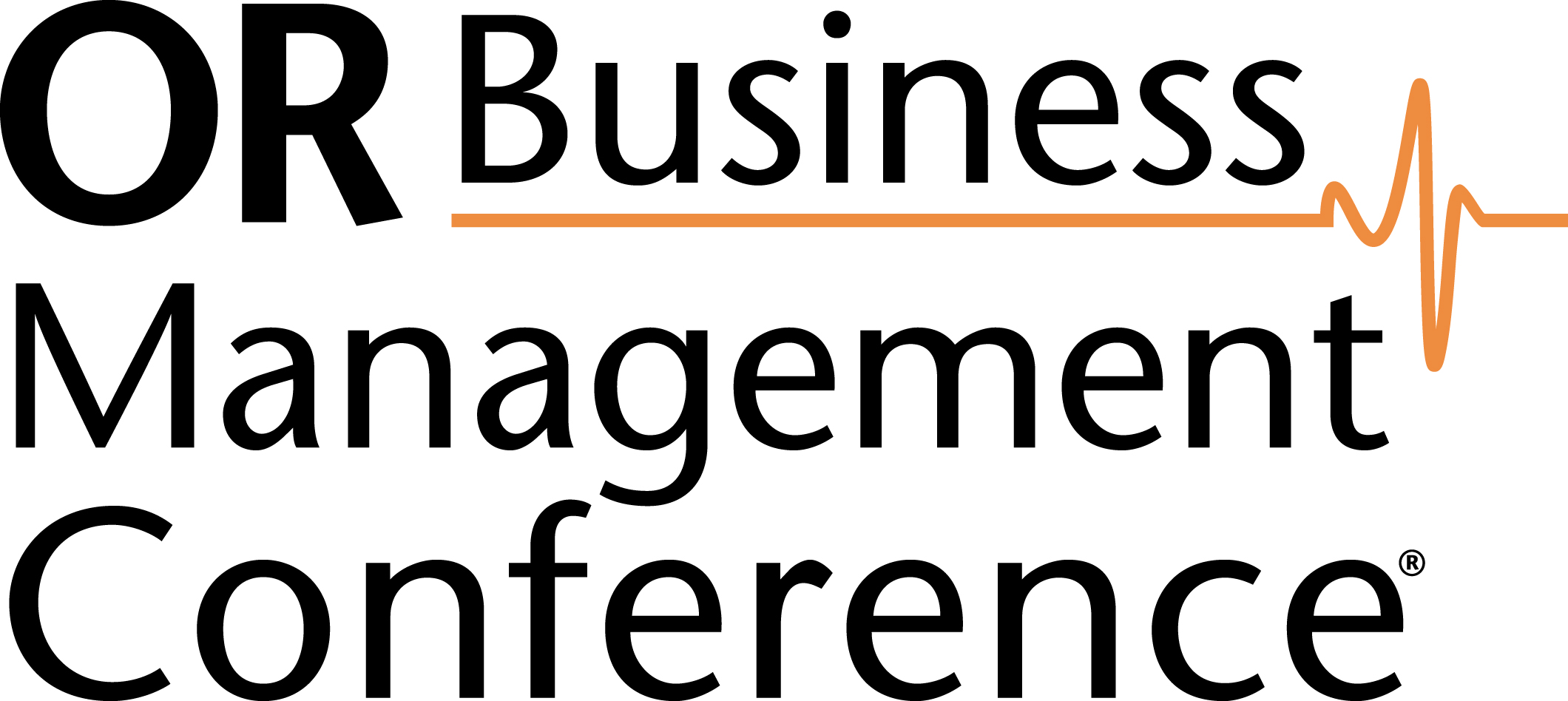 Law & Legislation
Law & Legislation
FDA issues warning on fraudulent, unreliable medical device testing data
Editor's Note The FDA has issued a warning regarding fraudulent, duplicated and otherwise unreliable data coming from third party test labs that produce data for medical device companies, including many based in India and China. Issued February 20, the alert warns medical device manufacturers that they are responsible for confirming the…
FBI investigates cyberattack on Lurie Children’s Hospital

Editor's Note Billing, records, appointment scheduling and other systems at Lurie Children’s Hospital were still offline a week after representatives of had to cancel a planned OR Business Management Conference presentation due to a cyberattack. According to a February 12 report from the Chicago Sun-Times, the January 31 cyberattack is…
FDA recalls BrightView SPECT systems
Editor's Note The FDA has issued a Class I recall of Philips’ BrightView, BrightView X and BrightView XCT Single Photon Emission Computed Tomography (SPECT) scanners due to a component failure that could result in the system’s detector falling on patients. Philips sent all affected customers an Urgent Medical Device Correction…
Session: What to expect from healthcare policy, regulation in 2024

Editor's Note Since the pandemic, the view of the healthcare industry in congress has essentially gone from “hero to zero” – a shift with potentially big implications for the healthcare business leaders gathered at yesterday’s closing session from Soumi Saha, PharmD, JD, senior vice president of government affairs at Premier…
Session: How value-based care will impact surgical services

Editor's Note Understanding the impact of value-based care on the surgical suite (VBC) will be essential for hospitals to understand as payers begin to seek partners in new payment models. In a conference session yesterday, Lauren Cricchi, associate principal, financial services at Avalere Healthcare and Katie Sullivan, senior vice president,…
Session: What are the legal implications of AI in healthcare?

Editor's Note How will healthcare regulators deal with artificial intelligence? How will malpractice law change, and who will be liable for harm derived from AI diagnosis and treatment recommendations? What can be done about bias in AI? Even amid a surge in algorithms cleared by the FDA, all of these…
Congressional hearing focuses on bill to protect healthcare workers from violence

Editor's Note Nearly 100 house and senate staff attended a January 30 briefing on the Safety from Violence for Healthcare Employees (SAVE) Act, a bill under congressional consideration that aims to protect healthcare workers from assault or intimidation while on the job. In addition to criminalizing these acts, the bill…
DOJ cracking down on AI tools for clinical decision-making

Editor's Note: The U.S. Justice Department is investigating how the healthcare industry is using artificial intelligence (AI) tools to analyze and make decisions using patients’ electronic health records (EHRs), Bloomberg Law reported January 29. So far, DOJ has served subpoenas related to EHRs to at least three major pharma companies:…
Editorial: Nurses prepare for tumultuous election

I was fresh out of the OR when I received a formal job offer from OR Manager. Although still hazy from an emergency laparoscopic appendectomy, I knew I would accept, reasoning the universe must be trying to tell me something. I also had no doubts about the other, very different…
2024 limits set for non-monetary physician compensation

Editor's Note: Non-monetary compensation to physicians is limited to no more than $507 for calendar year 2024, according to a report on the federal Stark Law published December 27 in Lexology. The Stark Law applies to non-cash or cash-equivalent payments from hospitals, physician groups, labs and other provider entities. The…

 Free Daily News
Free Daily News